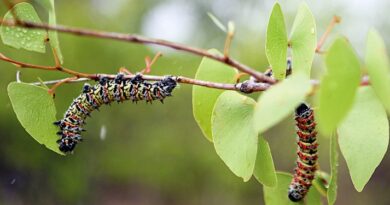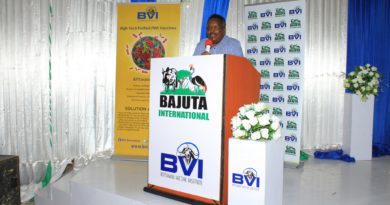Bold decisions needed if the country is to attain food security.
The imposition of a long-term ban on some agricultural products from other countries in December 2021 will probably go down as one of the most unpopular decisions of the Masisi administration.
Through the decision, one of the boldest Botswana has taken in the quest to become self-determining, as food security is at the heart of self-reliance, the nation will surely realise the truest meaning of the idiom; montsamaisa bosigo ke mo leboga bosele.
The ban was imposed to drive local production, reduce reliance on other countries for food and to claw away at the staggering P7 billion food import bill... Share on XIt was also a deliberate move by the government to make remarkable strides in transforming the agricultural sector, whose mandate is to improve food security; champion agricultural development through local production; diversify the sector’s value chains; create employment and promote consumption of local foodstuffs.
President Masisi’s administration promised that the ban, which started with 16 vegetables, would be reviewed every year – not in any way to relax it, but to add more products to the list.
The development has also seen government, through the Ministry of Agriculture’s Integrated Support Programme for Arable Agriculture Development (ISPAAD) introduce the Horticulture Impact Accelerator Subsidy (IAS) fund to assist farmers increase production levels of horticultural products.
The subsidy is also geared towards provision of production structures, inputs and promotion of protected cultivation as well as use of green technology in farms, in addition to employment creation. Further, government allocated the National Development Bank (NDB) P600 million under the Industry Support Fund (ISF), to stabilize businesses that faced the COVID-19 pandemic effects, by lending out to sectors such as agriculture, tourism and general industry.
BOPA



